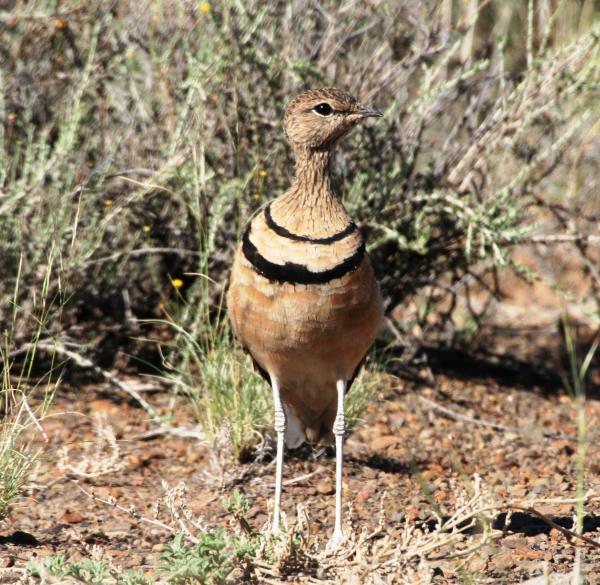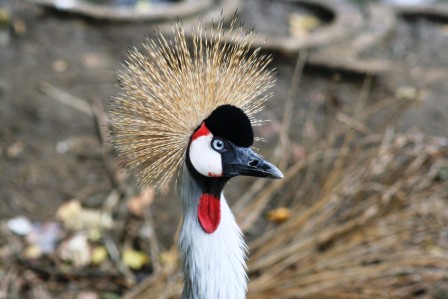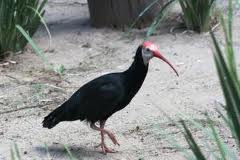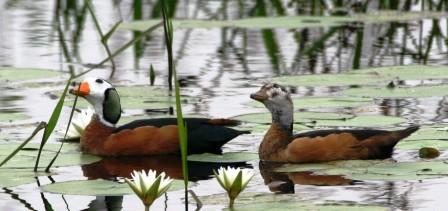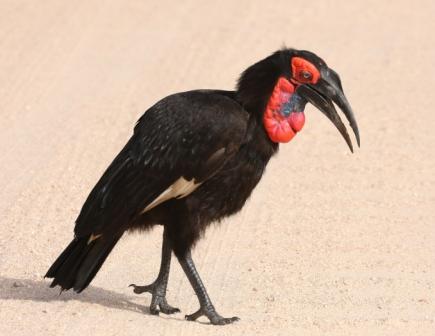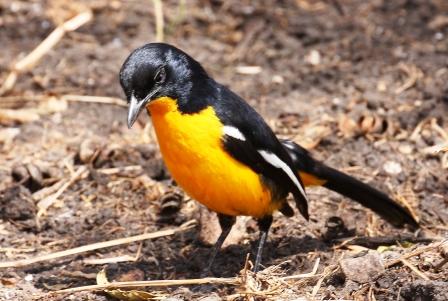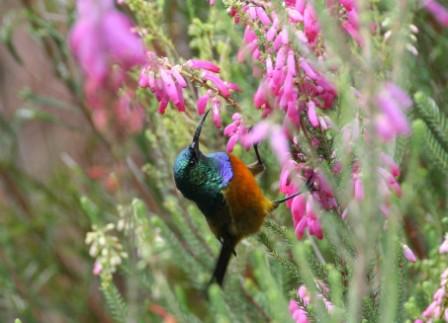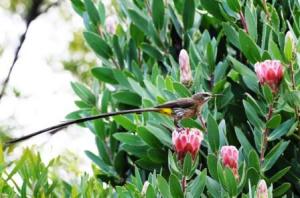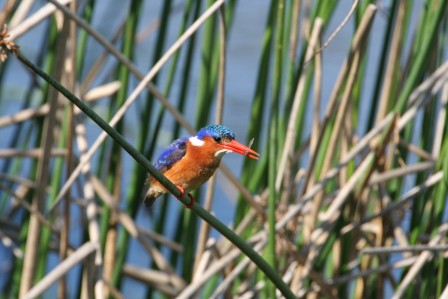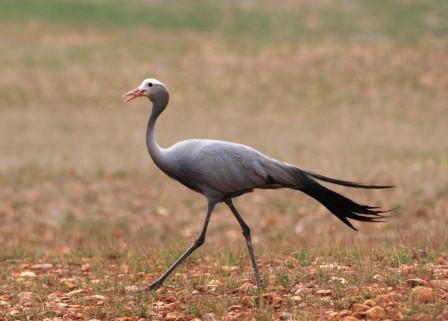|
Newsletter / Blog
2011-09-05
Kenya's environment authority advises jatropha is `not viable' in coastal Kenya
A Nairobi newspaper reports that, after consideration of the scientific
evidence, Kenya's National Environment Management Authority (NEMA) has
decided to advise the Kenyan Government to halt the planting of the
biofuel crop jatropha within the Coast region of Kenya. Proposed
jatropha plantations would do irreparable damage to coastal Important
Bird Areas (IBAs), including the Tana Delta and Dakatcha Woodlands.
The
reported decision has been applauded by BirdLife Partner NatureKenya,
which has been fighting a vigorous campaign against the destruction of
woodland and other coastal habitats to make room for biofuel crops.
NatureKenya also provided much of the evidence on which NEMA's decision
was based, especially recent research which has cast doubt on the
supposed benefits of jatropha as a "green" alternative to fossil fuels.
Scientific studies now recommend growing jatropha only as a hedge or
living fence.
Even before NEMA's decision, a company planning to
grow oil seed crops on 28,000 hectares of the Tana Delta pulled out
after consultations with NatureKenya and other BirdLife Partners, citing
concerns over environmental impacts and long-term climate change
effects.
In July, two directors of NEMA were suspended after
accusations that they had acted irregularly in granting a licence to the
Canadian company Bedford Biofuels to grow jatropha on a 10,000 ha
"pilot" site in the Tana Delta. According to the Nairobi press, NEMA's
Chairman, Mr Francis Ole Kaparo, said that the licence had been awarded
in spite of mounting scientific evidence which has exposed the claims
made for jatropha as false. "There is nothing to prove jatropha is
viable. In fact, all evidence shows it has failed," Mr Kaparo is quoted
as saying.
NEMA has advised the Kenyan government to cancel
Bedford's licence, but the company is challenging the cancellation.
Bedford's local representatives have organised demonstrations in favour
of the Jatropha plantations, which have been described as an attempt to
"intimidate" the authorities.
"We congratulate the NEMA
Chairman, Mr Francis Ole Kaparo, the NEMA Director General Dr Ayub
Macharia, and NEMA technical staff for their wise decision", said
NatureKenya CEO Paul Matiku. "NEMA is on the right path to sustainable
development, by using science to avoid irreversible environmental,
social and economic costs. We hope the Ministry will follow this advice
and cancel Bedford Biofuel's licence for a `pilot' of 10,000 ha of
jatropha at Tana, and that this wise decision has been made clear to
Kenya Jatropha Energy Limited at Dakatcha."
He added: "Globally,
biofuel crops, originally viewed as substitutes for climate-damaging
fossil fuels, have replaced food crops and natural habitats, leading to
rising food prices and loss of critical wildlife habitats and ecosystem
services."
The Tana Delta has long provided local communities
with food and livelihoods. Its value to the nation includes ecosystem
services such as water storage, shoreline protection and marine life
spawning grounds. It also has huge tourism potential. But as demand for
land to grow commodity crops has increased globally, the Tana Delta has
become the focus of interest for international speculators and
investors.
"Over the last decade, conflicts have been increasing
in the Tana Delta as the demands for competing land uses, natural
resources, nature conservation and community interests have
intensified," said Paul Matiku. "It is for this reason that NatureKenya
and stakeholders, led by Office of the Prime Minister, are initiating a
combination of strategic planning and integrated assessment to develop a
long term General Management Plan."
| 



